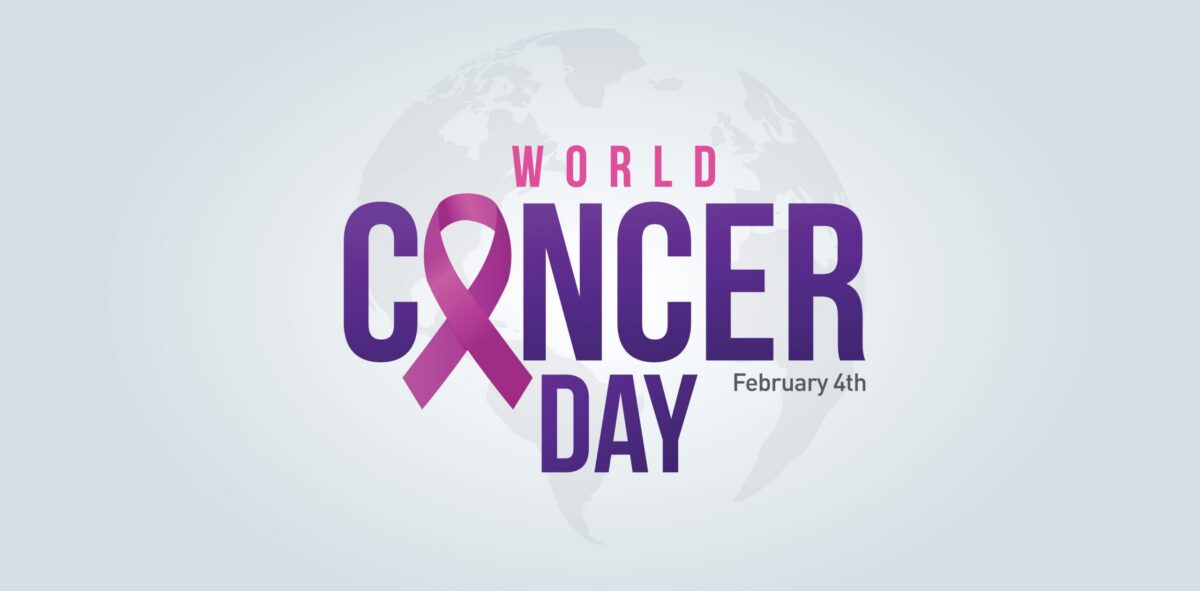Impending changes to international regulatory requirements for pharmaceutical serialization will have a major impact on pharmaceutical packing companies. But without a firm understanding of these regulations, how they can best be implemented and how compliance can be maintained, pharmaceutical companies risk falling behind their competitors.
I spoke with Carlos Machado, Serialization Director, US, for Zenith Technologies, to get an expert’s view on what drug manufacturers need to do now in order to prepare to implement a serialization solution. Carlos has worked on over 75 serialization projects in his eight year career, including assisting in the implementation of track and trace technologies from both an operations and delivery perspective.
To learn more about implementing serialization across a diverse pharmaceutical manufacturing environment, and to gain insight from industry guest speaker Terry Crawford, Serialization Technical Manager, GlaxoSmithKline (GSK), register for Zenith Technologies’ upcoming webinar.
What makes serialization such an important topic in pharmaceutical manufacturing today?
There’s several aspects to that question, the first being the requirements that have been mandated by the different regulatory bodies, such as the FDA, the EU, China and Saudi Arabia. It is very important for the pharmaceutical packaging, distribution, and wholesaler to be in compliance so that they can continue to distribute their product without any gaps and revenue loss associated with not having compliance updates.
In addition to that, I would say the whole counterfeiting and diversion of products issue makes serialization important. We know that throughout the global market we have billions and billions of dollars in losses due to different entities counterfeiting products, diverting them and sending them. Loss of funds and loss of revenue to state departments and government bodies due to counterfeiting is causing a strain on the pharmaceutical companies and the packaging environment.
Finally, serialization is important to the consumer. The integrity of the product is important for somebody that takes a medication, especially if it is a lifesaving medication or something that’s going to continue to improve their health. Those are the three main pieces as to why serialization is so important today.
How can companies start to prepare to comply with these serialization regulations?
The top 20 or 25 pharmaceutical companies are outside of the curve and they’re ahead of the game because they have the funds available to allow them to do the proper R&D, to analyze what the best solution is, what the best process is and how they can do a global rollout of their serialization efforts, depending on the different countries they have to deal with. But we have the smaller organizations, like CMOs and mid-market companies, and the funds available to them tend to be limited. What you find is, for those organizations, they come in almost at the eleventh hour, and that’s what we see today.
I think a part of this webinar is to engage with a lot of those companies who have yet to make a decision on how they’re going to attack serialization, who they’re going to go with from a serialization subject matter expert standpoint, and how that coordination is going to take place. I think that the organizations need to stay involved as much as possible and understand the requirements that are out there, the timelines associated with those requirements and actively do their due diligence in understanding who can help drive home those solutions for them.
What can people expect to learn in your upcoming webinar?
There’s a couple of things they’re going to gain out of attending this webinar. Firstly, they’re going to gain insight and understanding into some of the challenges that they may face and they may not be privy to those today. It’ll give them some food for thought on how they can address that internally, and ultimately develop a plan that’s going to help them mitigate any of those risks that may come into play.
They’re going to gain a good understanding of the importance of serialization. They’ll also gain insight into our organization and how we can be that partner for them. Webinar attendees will get a good taste of the environment that we work in, the expertise that we bring to the table, the robustness of our solution and how we can be a partner who can get this solution in place on time for them.
Lastly, I think getting insight from one of the largest pharmaceutical companies, GSK, will be invaluable. Our guest speaker, Terry Crawford, can provide audience members with first-hand knowledge from somebody who’s been faced with these challenges himself.
You mentioned that the webinar will feature a guest speaker, Terry Crawford, from GSK. How do you think sharing his experience with implementing serialization practices will benefit those who attend the webinar?
Terry has been involved in serialization deployment for a number of years now. His role within GSK is in delivering serialization lines for several of the company’s facilities. He is well-versed in understanding the requirements, processes and SOPs that need to be created. In addition, he is experienced in the training of personnel and understanding the dynamic behind that, as well as understanding the data management aspect and reporting back to regulatory bodies. In short, Terry brings a wealth of knowledge from the customer’s perspective.
How can pharmaceutical manufacturers keep up with these ever-changing regulations in the future?
You know, that’s the $64,000 question. I think a lot of them are able to stay compliant, especially the larger companies. It’s harder to say for the smaller organizations. It really comes down to wanting to stay involved and making sure that they have a small section within their organization that’s concentrating on having an ear to the industry and the government bodies so that they don’t fall behind the curve.
I think most of them do that and there is a wealth of information out there to help them. I’ve been in the serialization space since 2008. Eight years since I started, some companies I speak to need to know a lot more about the serialization regulations than they do today. Organizations need to stay ahead of the curve and keep abreast of the knowledge that’s out there.
Have more questions about the new serialization regulations and what steps you should be taking to ensure compliance? Register for Zenith Technologies’ upcoming webinar on overcoming the challenges of implementing serialization across a diverse pharmaceutical manufacturing environment.
How are you staying up-to-date with serialization requirements? Share your thoughts in the comments section below!
This article was created in collaboration with the sponsoring company and the Xtalks editorial team.











Join or login to leave a comment
JOIN LOGIN